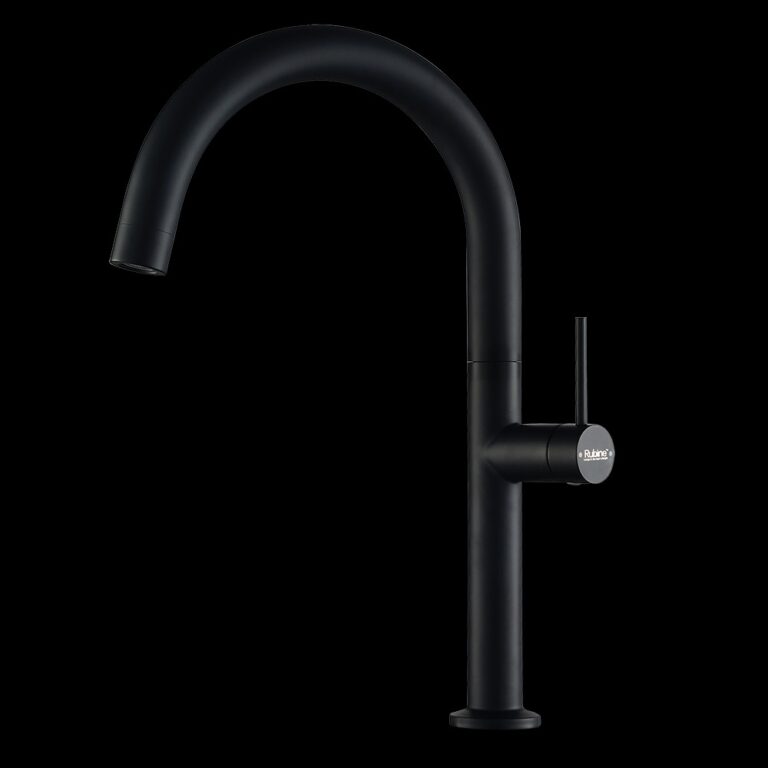Business Ethics: Maintaining Integrity in the Workplace
Betbhai 9, Satsports: Business ethics is the set of moral principles and values that guide the behavior and decisions of individuals and organizations in the business world. It involves determining what is right and wrong, and applying these ethical principles to business practices and interactions. Business ethics encompasses various aspects such as honesty, integrity, fairness, and respect for others.
In the corporate environment, ethics play a crucial role in shaping the reputation and sustainability of a business. Companies that prioritize ethical behavior tend to build trust with stakeholders, including customers, employees, and the community at large. By adhering to ethical standards, organizations can enhance their brand image, mitigate risks, and foster a positive work culture that values integrity and accountability.
• Business ethics is the foundation of moral principles and values in the business world.
• It involves determining right from wrong and applying ethical standards to business practices.
• Key aspects of business ethics include honesty, integrity, fairness, and respect for others.
• Ethical behavior in companies helps build trust with stakeholders such as customers and employees.
• Prioritizing ethical standards can enhance brand image, reduce risks, and promote a positive work culture.
Why is Integrity Important in the Workplace?
Integrity is a fundamental trait that is highly valued in the workplace. When individuals exhibit integrity, it fosters trust and credibility among colleagues, clients, and stakeholders. This adherence to ethical principles and values forms the foundation of a positive organizational culture where honesty, transparency, and accountability prevail.
In addition, integrity in the workplace plays a crucial role in maintaining the reputation and brand image of an organization. Employees who demonstrate integrity uphold the organization’s values and contribute to its overall success. By consistently acting with honesty and ethical conduct, individuals not only earn the respect of their peers but also help to build a strong and reputable business that is trusted by customers and partners alike.
How can Employees Uphold Ethical Standards?
Employees play a crucial role in upholding ethical standards within an organization. Firstly, it is important for employees to familiarize themselves with the company’s code of ethics and policies. Understanding these guidelines can provide a clear framework for making ethical decisions in various work situations. Additionally, employees should consistently communicate with their colleagues and supervisors to ensure transparency and accountability in their actions.
Furthermore, practicing honesty and integrity in all aspects of work is essential for upholding ethical standards. This includes being truthful in communication, respecting the confidentiality of sensitive information, and avoiding conflicts of interest. By demonstrating ethical behavior in their daily interactions and decision-making processes, employees contribute to fostering a culture of integrity within the workplace.
What are some common examples of unethical behavior in the workplace?
Common examples of unethical behavior in the workplace include lying to customers, stealing company property, engaging in conflicts of interest, and violating company policies.
How can employees promote ethical behavior in their workplace?
Employees can promote ethical behavior by leading by example, reporting unethical behavior to management, following company policies and procedures, and participating in ethics training programs.
Why is it important for employees to uphold ethical standards in the workplace?
Upholding ethical standards in the workplace is important because it builds trust among colleagues, fosters a positive work environment, enhances the company’s reputation, and ensures compliance with laws and regulations.
What should employees do if they witness unethical behavior in the workplace?
Employees should report unethical behavior to their supervisor, HR department, or an ethics hotline. It is important to speak up and address unethical behavior to maintain a healthy work environment.






